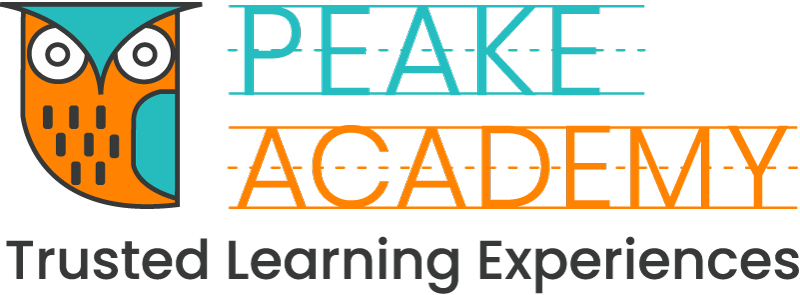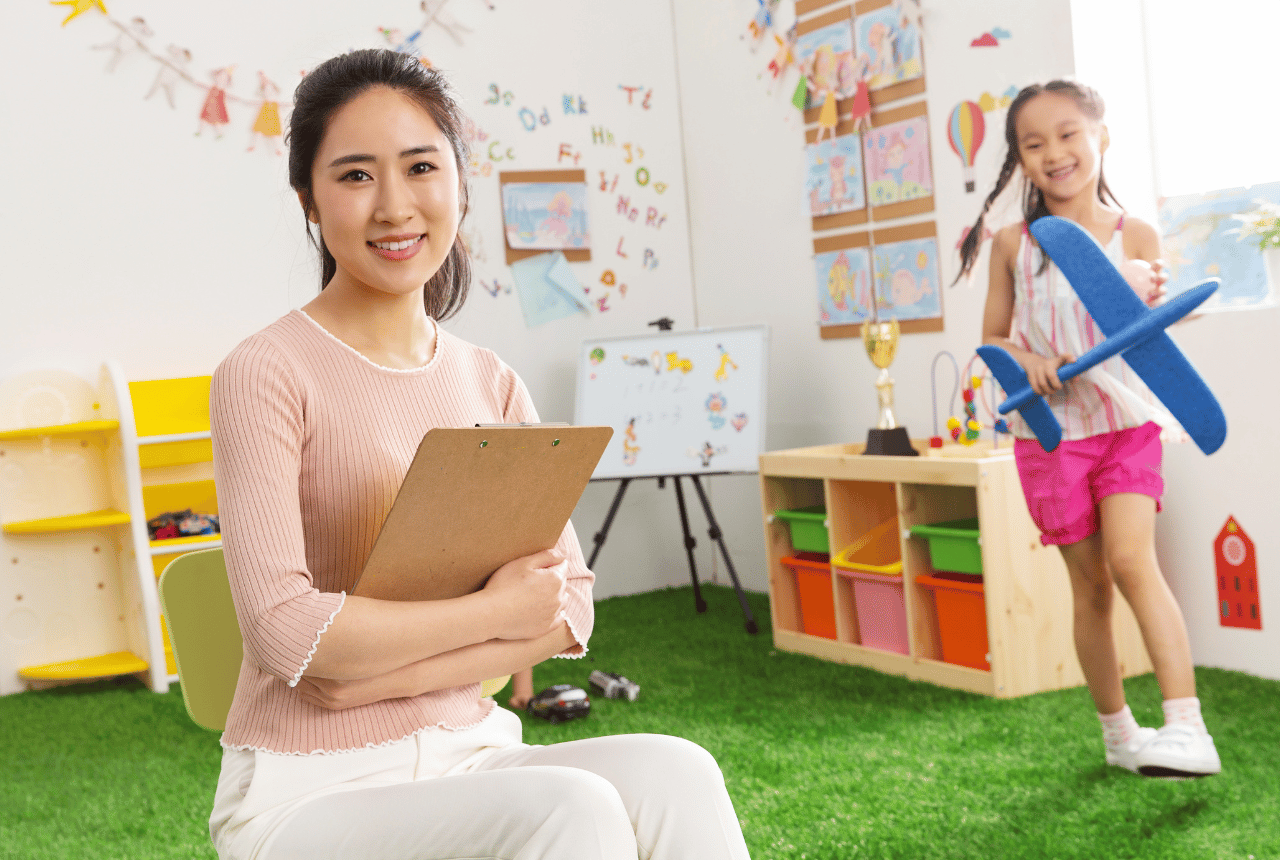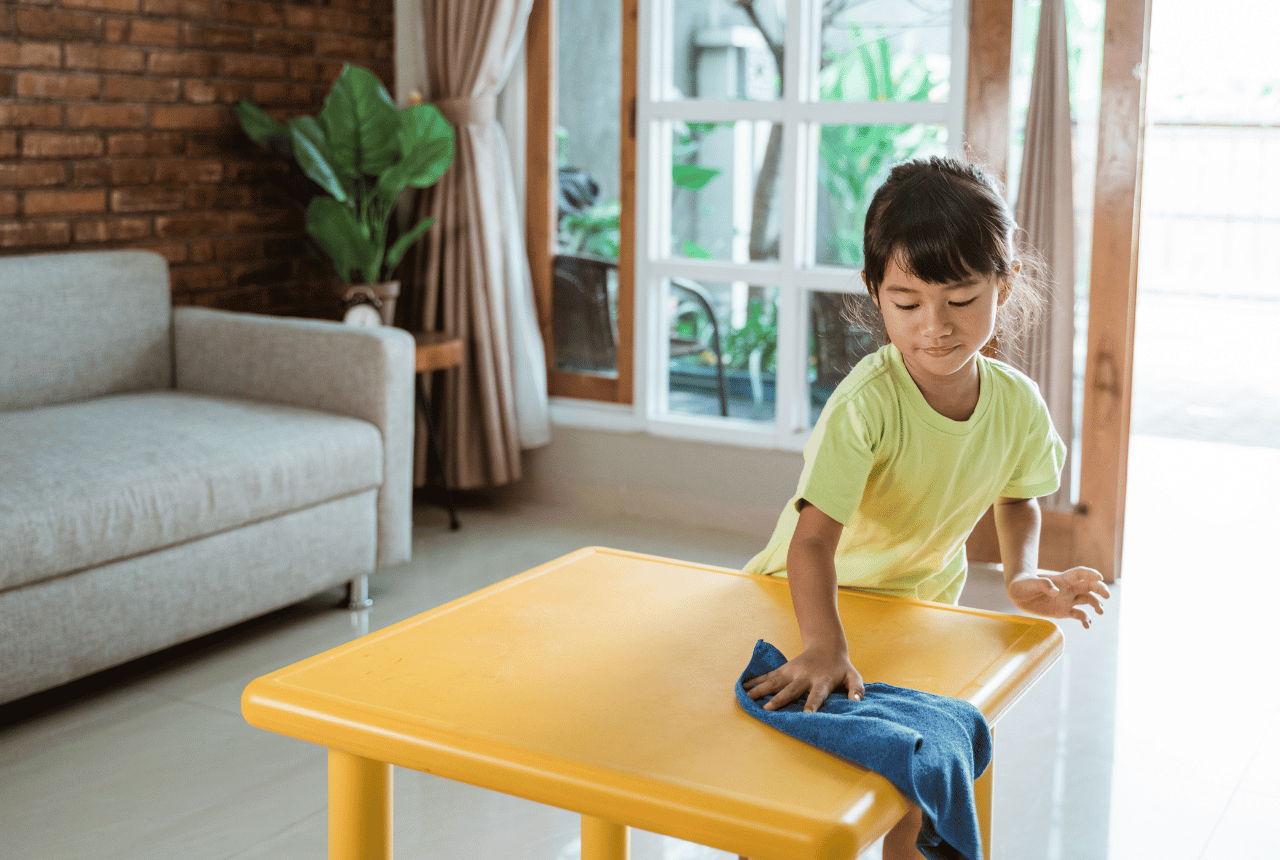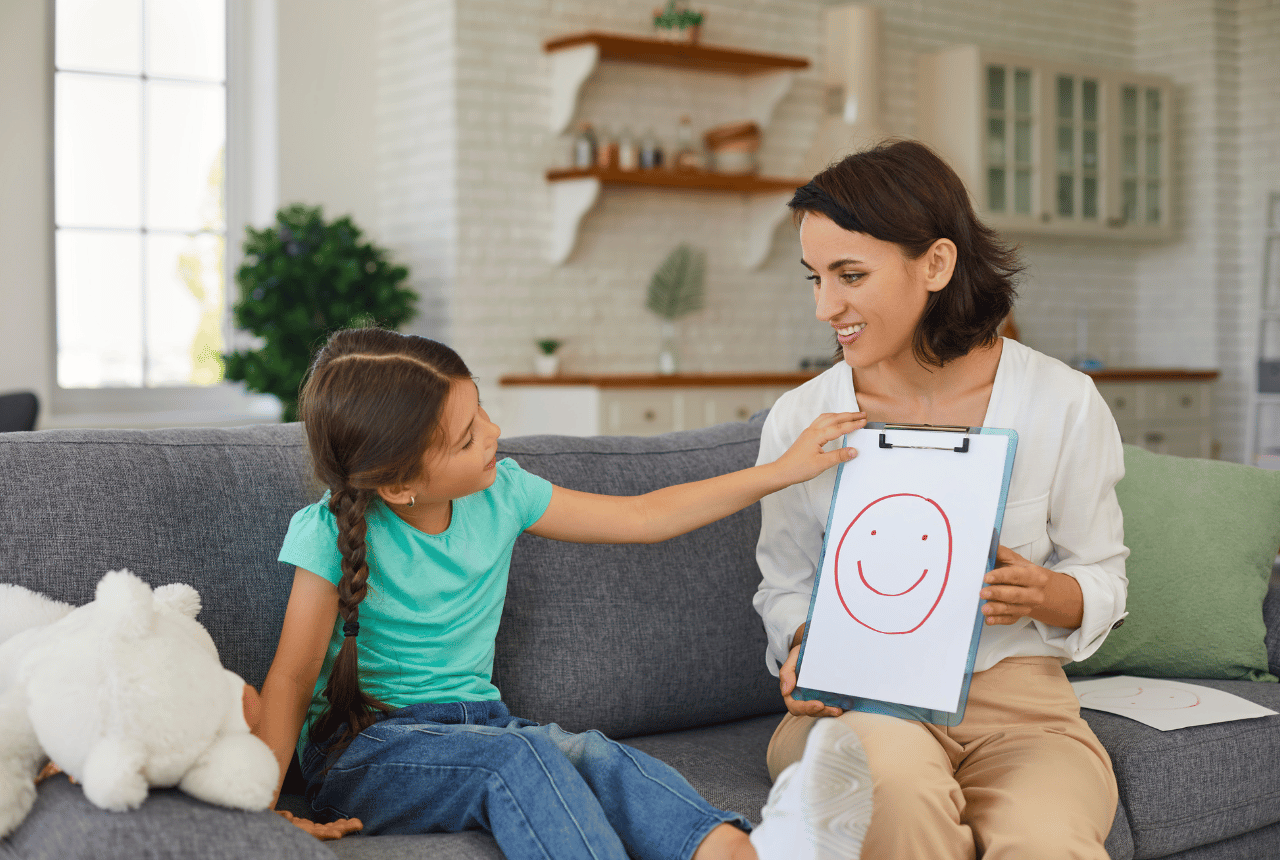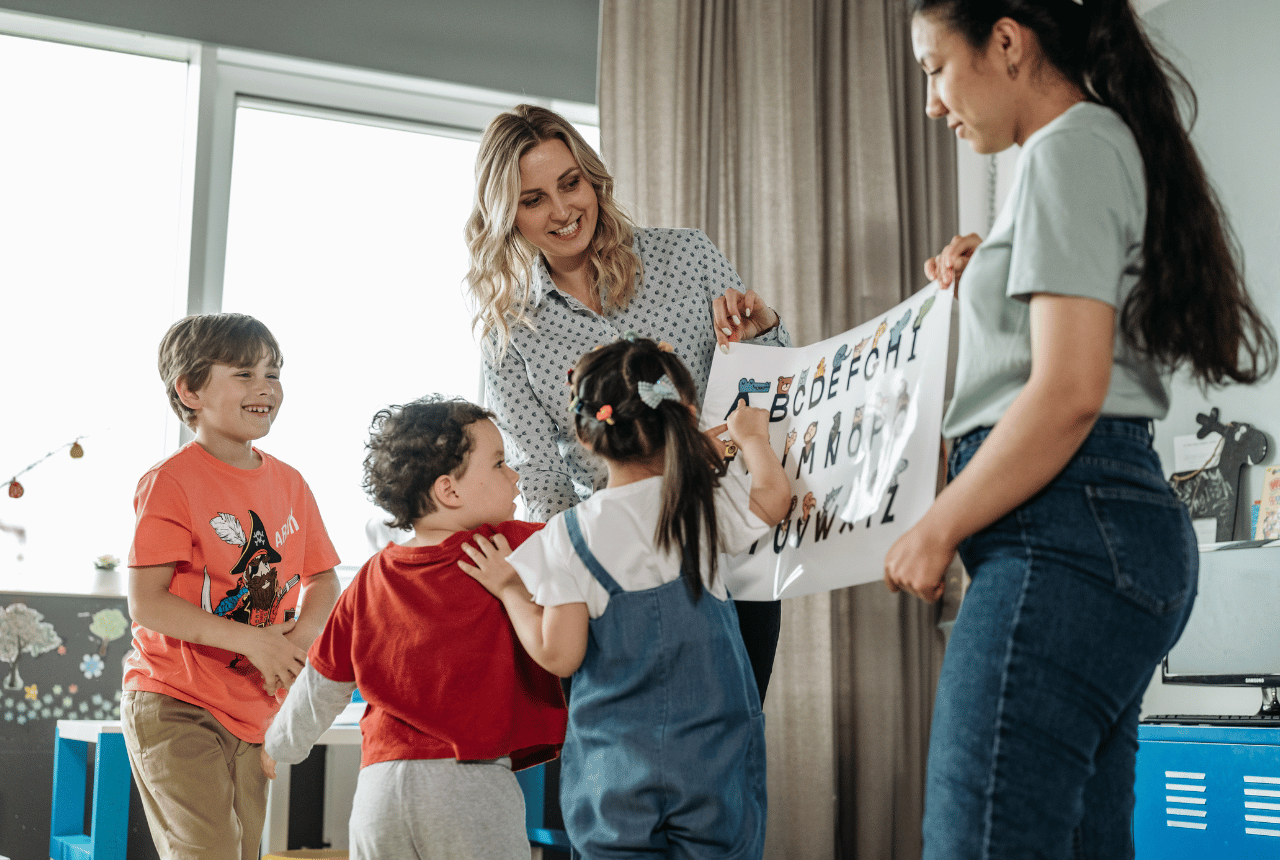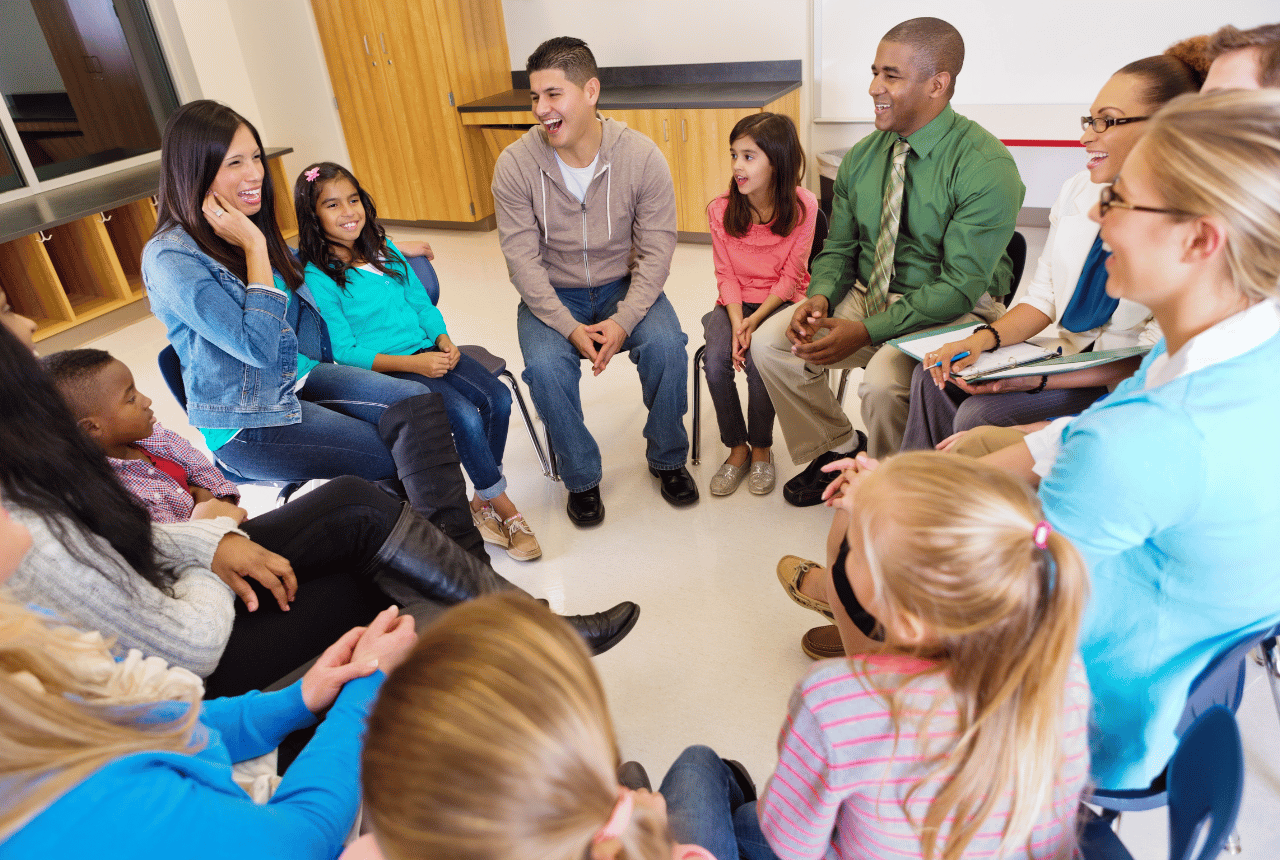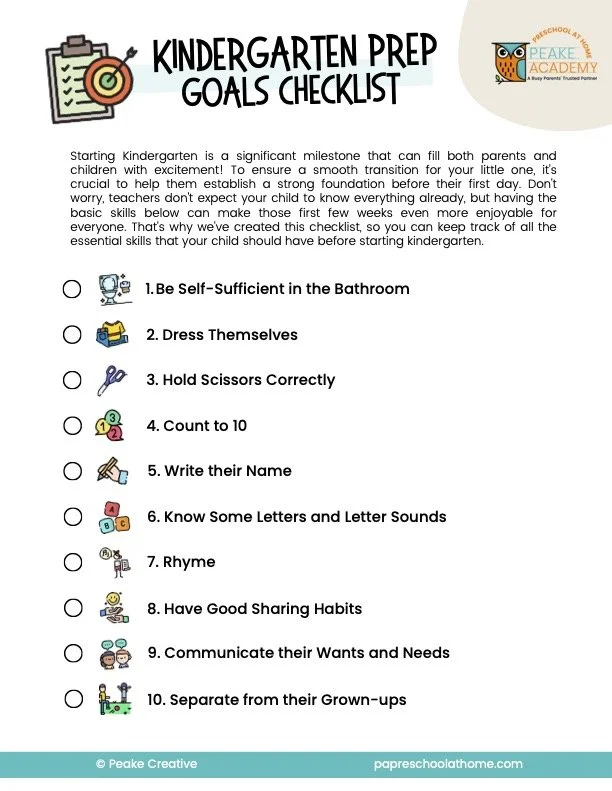Is Your Child Ready for Kindergarten? 8 Simple Ways to Know
As preschool winds down, that big question starts popping up: "Is my child really ready for kindergarten?"
It's about more than just their age or being able to write their name. Kindergarten readiness covers how they play with others, handle their emotions, use their bodies, and think about the world around them.
At Peake Academy, we've helped hundreds of families navigate this important transition. We've learned that readiness isn't about checking off a perfect list - it's about supporting your child's individual growth journey.
Here are eight practical ways to assess and support your child's kindergarten readiness:
Familiarize Yourself with Key Milestones
Kindergarten teachers want children to be able to listen to simple directions, express their needs with words, and show curiosity about learning. The CDC's milestone checklists can give you a helpful starting point for what's typical at different ages.
Watch Social Play Closely
During playdates, notice: Can your child take turns with toys? Do they join group activities? Can they use words when upset instead of hitting or grabbing? These social skills often matter more than academic skills in those first months of kindergarten.
Build Independence at Home
Look for opportunities to practice self-help skills. Can they wash hands without reminders? Put on their own jacket? Clean up toys when finished? These everyday tasks build the confidence they'll need when you're not there to help.
Turn Daily Activities into Learning Moments
Count steps as you walk upstairs, point out letters on signs, or sort laundry by colors. These simple activities build important skills without feeling like "work" to your child.
Partner with Your Child's Teachers
Ask specific questions like, "How does my child handle transitions?" or "What social skills have you noticed developing?" Current teachers have valuable insights about how your child functions in a group setting.
Celebrate Progress
Keep a simple notebook where you jot down new skills you notice. "Zipped jacket by herself" or "Remembered to say excuse me" might seem small, but tracking these moments helps you see growth over time.
Practice School-Day Routines
Start adjusting wake-up times, having regular snack breaks, and creating quiet "learning time" at home. These predictable routines help children feel secure when kindergarten begins.
Connect with Other Parents
Join kindergarten readiness workshops at local schools or libraries. Talking with other parents reminds you that everyone has concerns, and you'll gather practical ideas that have worked for others.
Why This Matters Now
When children start kindergarten without needed skills, they often feel overwhelmed or frustrated. This can create negative feelings about school that might last for years.
By paying attention now, you're laying the foundation for your child to develop confidence and excitement about learning. The goal isn't perfection, but progress toward becoming comfortable, capable learners.
Ready to create a personalized kindergarten readiness plan?
Download our free Preschool Pathfinder today! It takes just minutes to complete but gives you a clear picture of what to focus on in these important months before kindergarten. Download the Preschool Pathfinder and take the first step toward a smooth, confident kindergarten transition!
Free Resource
Thank you for reading this content. And if you loved this post, please be sure to join our Parent Advisor Facebook group where we share more insights and community.
Here’s a FREE Kindergarten Prep Goal Checklist made by Peake Academy Preschool At Home to help you keep track of all the essential skills that your child should have before starting kindergarten.
Visit our Parent Advisor and The Buzz Blogs to learn more about related topics and parenting tips. You are welcome to join our private Parent Advisor Facebook group. It’s a growing community of parents and preschool teachers where you can learn and share more parenting tips.
